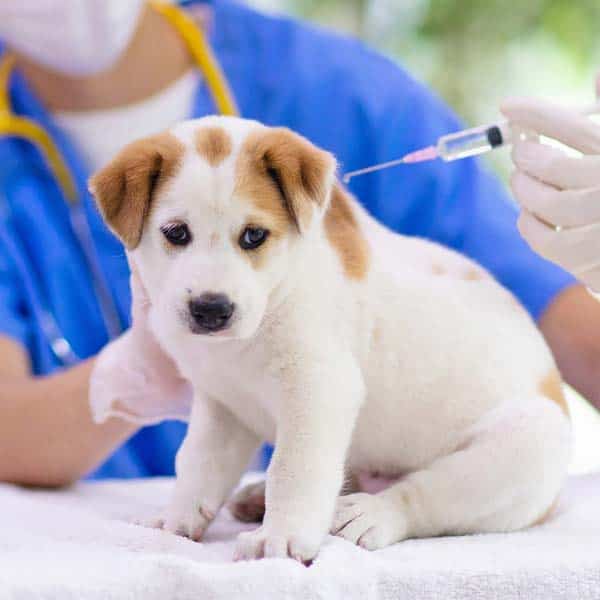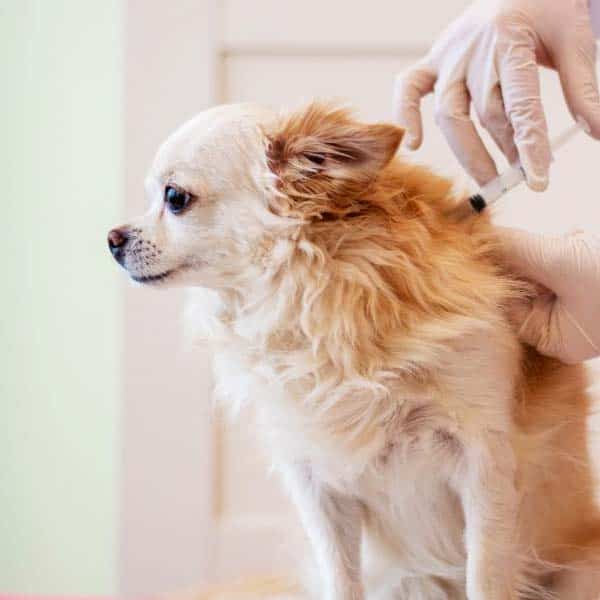As a pet owner, it’s your responsibility to keep your furry companion healthy and protected from diseases. One of the best ways to do this is through vaccinations. Vaccinations help prevent deadly diseases that could otherwise put your pet’s life at risk. Here’s everything you need to know about puppy and dog vaccinations.

1. Why are Vaccinations Important for Puppies and Dogs?
Vaccinations protect your pet from several dangerous and potentially fatal diseases. Some of the diseases that can be prevented by vaccinations include:
- Distemper: A highly contagious viral disease that can cause neurological and respiratory problems.
- Parvovirus: A highly contagious virus that attacks the intestinal tract and can cause severe dehydration, vomiting, and diarrhea.
- Rabies: A viral disease that attacks the nervous system and can be fatal for both animals and humans.
- Hepatitis: A viral disease that attacks the liver and can cause fever, vomiting, and loss of appetite.
By vaccinating your puppy or dog, you not only protect your pet but also other animals and people they may come in contact with. Some diseases that pets can contract can also be transmitted to humans, such as rabies.

2. When Should You Start Vaccinating Your Puppy?
Puppies are born with some natural immunity, but this immunity begins to fade when they are around six to eight weeks old. This is why most veterinarians recommend starting the vaccination process at this age. The vaccination schedule for puppies typically includes:
- 6-8 weeks: Distemper, measles, parainfluenza
- 10-12 weeks: Distemper, adenovirus, parvovirus, parainfluenza
- 14-16 weeks: Distemper, adenovirus, parvovirus, parainfluenza, rabies
3. When Should You Vaccinate Your Adult Dog?
If you adopt an adult dog, you should ask their previous owner or veterinarian about their vaccination history. If you’re unsure, it’s best to start the vaccination process as soon as possible. Adult dogs require regular booster shots to maintain immunity. The vaccination schedule for adult dogs typically includes:
- Every 1-3 years: Distemper, adenovirus, parvovirus, parainfluenza, rabies

4. Are There Any Risks to Vaccinating Your Pet?
Like any medication, vaccinations can come with risks. However, the risks of not vaccinating your pet far outweigh the risks of vaccination. Some pets may experience mild side effects, such as fever or lethargy, after being vaccinated. In rare cases, more severe side effects, such as an allergic reaction, can occur. If you notice any concerning symptoms after your pet has been vaccinated, contact your veterinarian.
Final Thoughts
Vaccinations are an essential part of keeping your puppy or dog healthy and protected from diseases. By following the recommended vaccination schedule and keeping up with booster shots, you can ensure your furry companion lives a long and healthy life. Always consult with your veterinarian to determine the best vaccination plan for your pet.